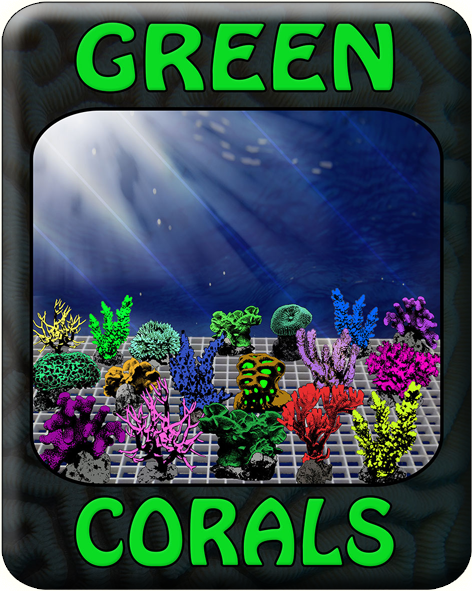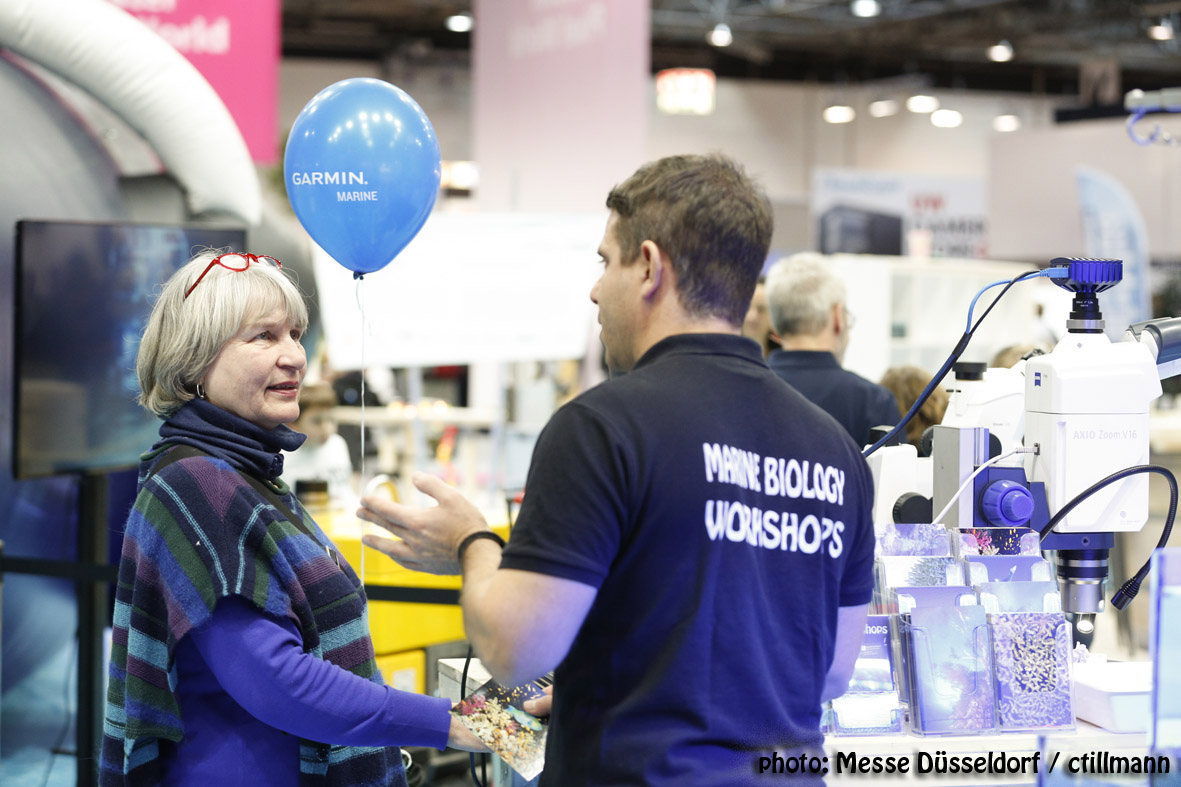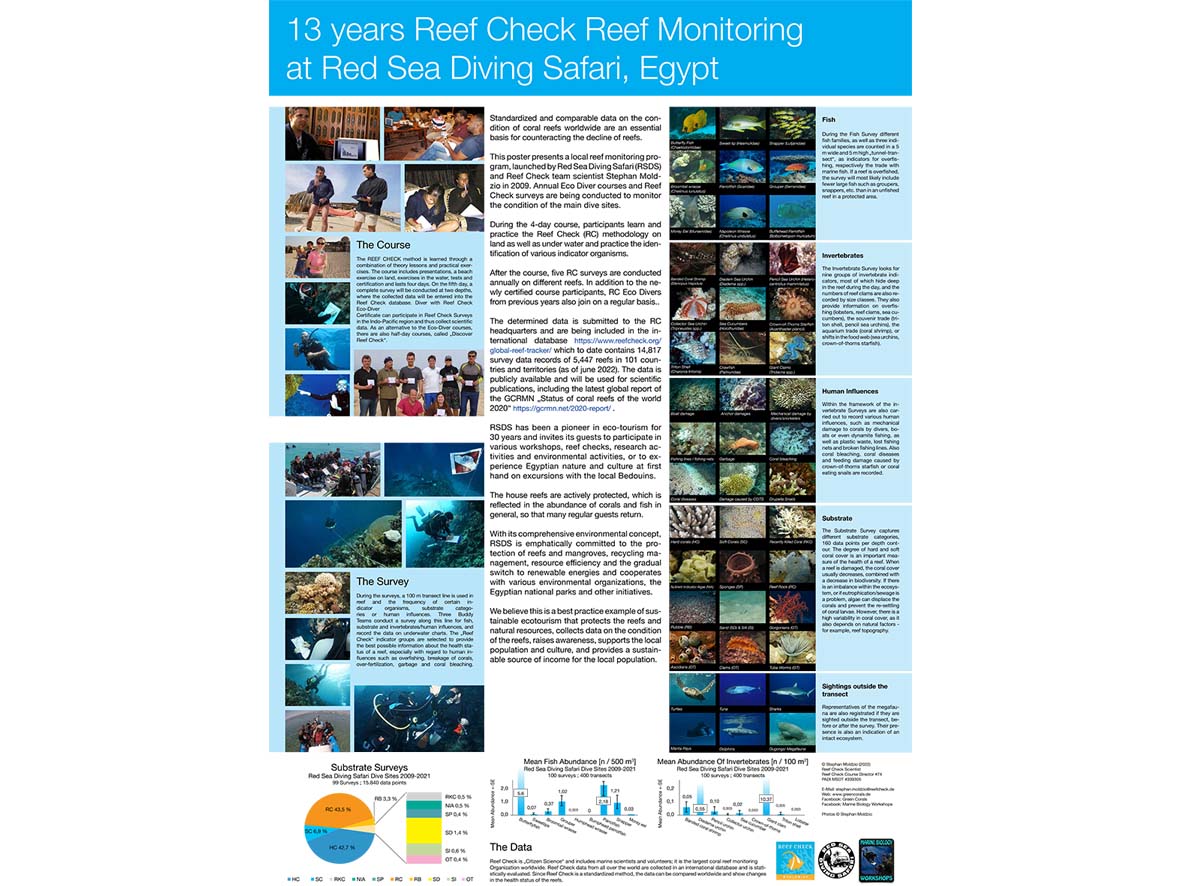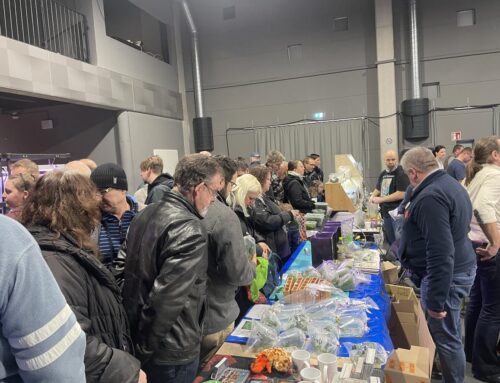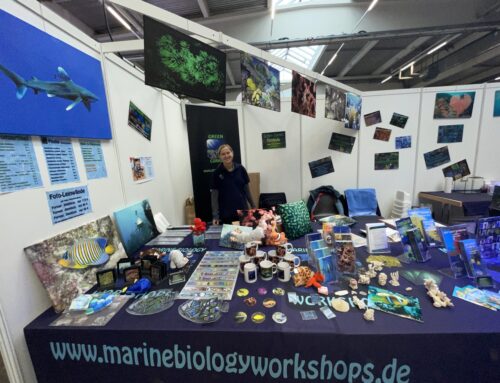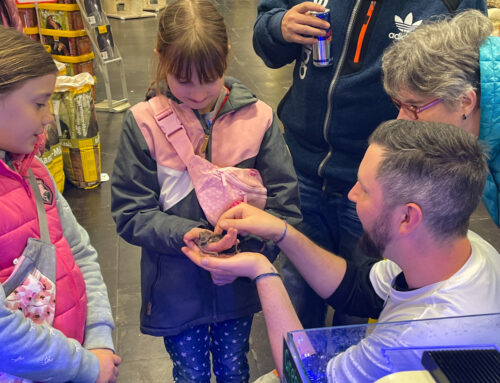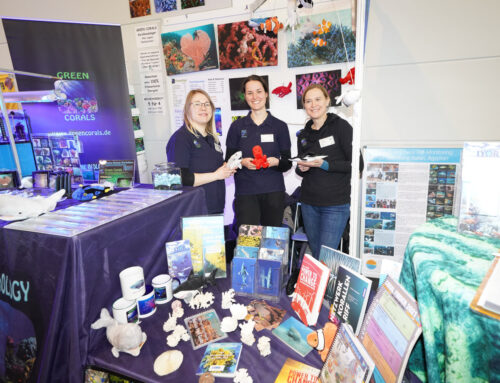GREEN CORALS at fair boot at the love-your-ocean initiative, organized by Deutschen Meeresstiftung, with many interesting actors from marine conservation and science. After successful transportation and construction of the aquarium facility, some of our most beautiful
GREEN CORALS went on holiday in Düsseldorf for 10 days – as ambassadors for the worlds´ coral reefs! There was a broad variety of activities – boot4school, the Ocean Forum, presentations and workshops on the Waterpixel stage, lots of information, great insights into marine research e.g. of GEOMAR, as well as marine protection initiatives, live corals and marine animals, microscopy and experiments around the sea – here you can experience science up close!
In a short presentation “Can the coral reefs be saved?” on the Water Pixel Stage and a impulse speech at the Ocean Forum , we drew attention to the threats posed to coral reefs by the climate crisis, which are threatened by ocean warming and ocean acidification in their further existence as an ecosystem.
A poster just finished for the boat illustrates the gradual degradation of coral reefs.
Can the coral reefs still be saved?
A poster just finished for the boat illustrates the gradual degradation of coral reefs.
This happens through repeated coral bleaching events and increased erosion. The end result is a “2-dimensional rocky shore ecosystem” where there are still fish, invertebrates and individual corals, but with much reduced biodiversity, productivity and ecological value, and which has lost the ecosystem functions of a coral reef.
There is a lot of interest among the visitors, good conversations and many questions. For example, what does it mean in practical terms when coral reefs are “dying” and can we do anything about it?
Yes, we can still save the coral reefs, but time is running out:
CO2 emissions must fall as quickly as possible in the next few years, and our economy and way of life must move away from fossil fuels and towards 100% renewable energy.
More pressure must be brought to bear on politics and business to ensure that Germany lives up to its responsibility for the Paris climate agreement and, as a leading industrialised country, ensures that global warming does not exceed 1.5 degrees. Every tenth of a degree counts.
The science-backed demands of FridaysForFutures are a good guide on how we can at least partially preserve the coral reefs!
Another poster gives an insight into the Reef Check method and our more than 10 year reef monitoring program with the ecotourism pioneer Red Sea Diving Safari (RSDS) in Marsa Alam / Egypt. Since 2009, we have been running annual Eco-Diver courses with dedicated participants with 5 surveys (reef investigations) on the most important reefs of RSDS. The poster gives an introduction into the course and the surveys, with an overview of the different Reef Check indicators, as well as what data we have achieved so far and what these activities are important for: “We think this is a best practice example of sustainable eco-tourism that protects the reefs and natural resources, collects data on the condition of the reefs, raises awareness, supports the local population and culture, and provides a sustainable source of income for the local people”
We also promoted our Marine Biology Workshops, next date the Coral Reef Workshop at Raja Ampat/Indonesia, 26th april to 10th may, and our Reef Check courses and surveys at Marsa Alam/Egypt, next date 3rd to 11th august 2021.
Statement by Dipl.-biol. Stephan Moldzio on the impact of the climate crisis on coral reefs:
“Coral reefs, one of the most biodiverse and complex ecosystems on Earth, will be threatened by global warming and ocean acidification as early as this century. Even at current levels of global warming of around 1°C, we are already seeing widespread coral bleaching, dramatic reductions in coral cover and declines in biodiversity around the world.
Leading coral reef researchers predict that even at 1.5°C global warming, which is expected by mid-century, average coral cover could decline by a further 70-90%. At 2°C above pre-industrial levels, this would rise to 99%, which would amount to a total loss of tropical coral reefs. (IPCC SR1.5, 2018)
Ocean acidification, also caused by CO2, makes it harder for calcifying organisms to build their skeletons. Calcification declines, erosion increases.
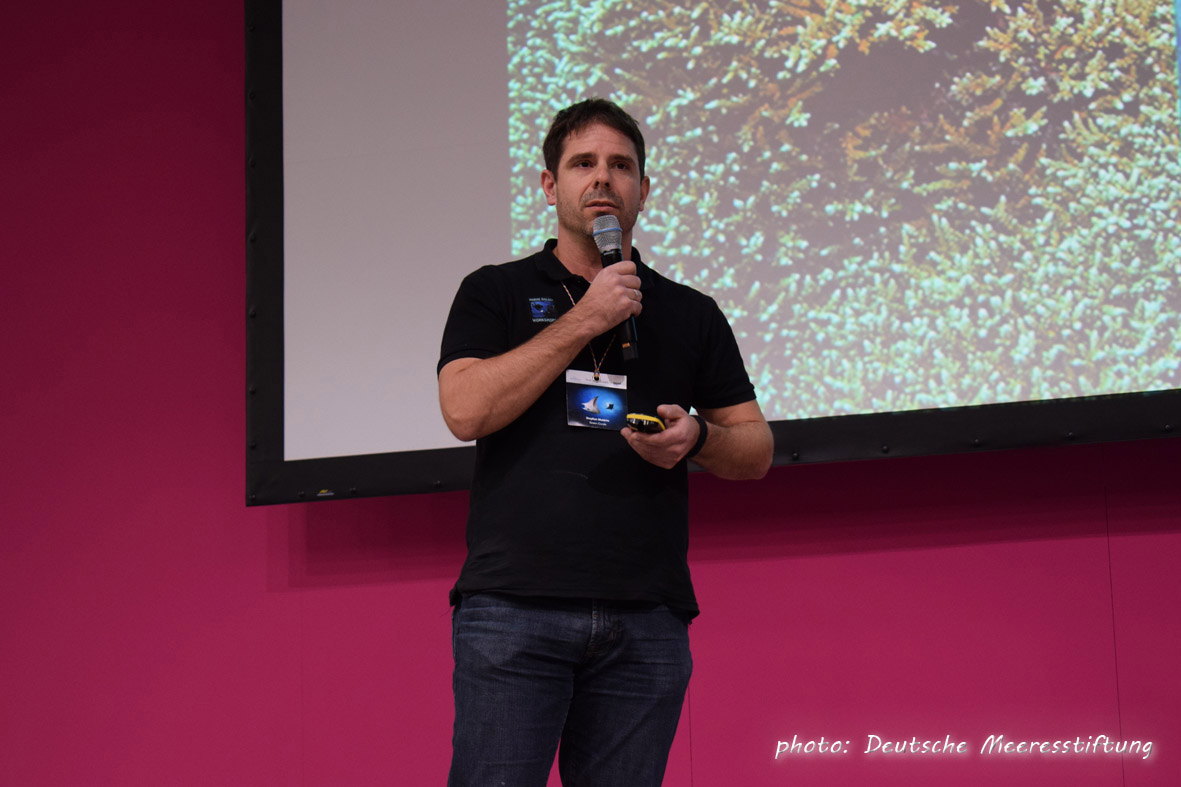
Marine ecosystems are already changing. We are talking about the decline or even collapse of entire ecosystems, such as coral reefs.
The climate crisis is nothing less than the accelerated destabilisation of today’s climate system and all material cycles, including the system of ocean currents.
In addition, there are unpredictable feedback effects due to the crossing of numerous ‘tipping points’.
Accelerated global warming on land AND in the oceans would have a wide range of impacts on ecosystems and, of course, on human society.
It is indeed the case that “our house is on fire” (Greta Thunberg) and we must act quickly.
For decades, science has been making the connections and calling for action. The good news is that all the scientific and technical prerequisites for solving this problem already exist today – they “only” need to be implemented quickly and courageously.”
